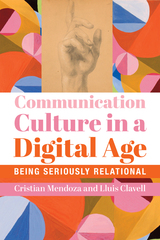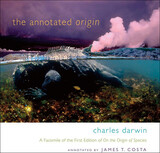
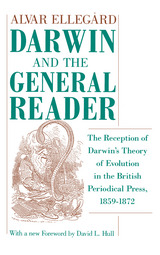
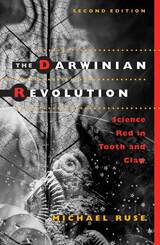
For this edition Michael Ruse has written a new afterword that takes into account the research published since his book's first appearance.
"It is difficult to believe that yet another book on Darwin and the Darwinian Revolution could add anything new or contain any surprises. Ruse's book is an exception on all counts. Darwin scholars and the general reader alike can learn from it."—David L. Hull, Nature
"No other account of the Darwinian Revolution provides so detailed and sympathetic an account of the framework within which the scientific debates took place."—Peter J. Bowler, Canadian Journal of History
"A useful and highly readable synthesis. . .skillfully organized and written with verve, imagination, and welcome touches of humor."—John C. Greene, Science
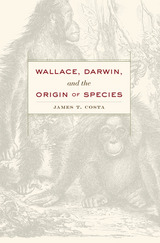
Charles Darwin is often credited with discovering evolution through natural selection, but the idea was not his alone. The naturalist Alfred Russel Wallace, working independently, saw the same process at work in the natural world and elaborated much the same theory. Their important scientific contributions made both men famous in their lifetimes, but Wallace slipped into obscurity after his death, while Darwin’s renown grew. Dispelling the misperceptions that continue to paint Wallace as a secondary figure, James Costa reveals the two naturalists as true equals in advancing one of the greatest scientific discoveries of all time.
Analyzing Wallace’s “Species Notebook,” Costa shows how Wallace’s methods and thought processes paralleled Darwin’s, yet inspired insights uniquely his own. Kept during his Southeast Asian expeditions of the 1850s, the notebook is a window into Wallace’s early evolutionary ideas. It records his evidence-gathering, critiques of anti-evolutionary arguments, and plans for a book on “transmutation.” Most important, it demonstrates conclusively that natural selection was not some idea Wallace stumbled upon, as is sometimes assumed, but was the culmination of a decade-long quest to solve the mystery of the origin of species.
Wallace, Darwin, and the Origin of Species also reexamines the pivotal episode in 1858 when Wallace sent Darwin a manuscript announcing his discovery of natural selection, prompting a joint public reading of the two men’s papers on the subject. Costa’s analysis of the “Species Notebook” shines a new light on these readings, further illuminating the independent nature of Wallace’s discoveries.
READERS
Browse our collection.
PUBLISHERS
See BiblioVault's publisher services.
STUDENT SERVICES
Files for college accessibility offices.
UChicago Accessibility Resources
home | accessibility | search | about | contact us
BiblioVault ® 2001 - 2024
The University of Chicago Press



